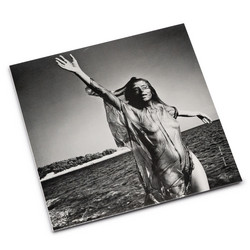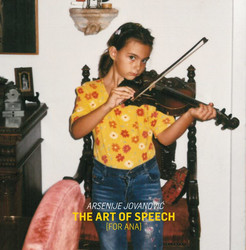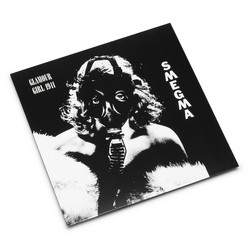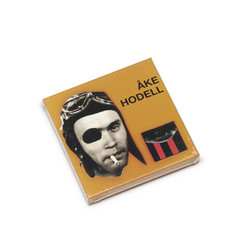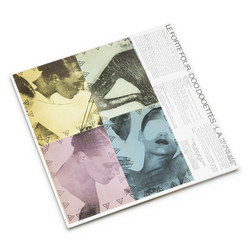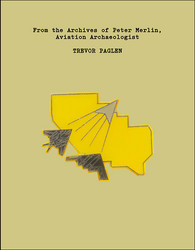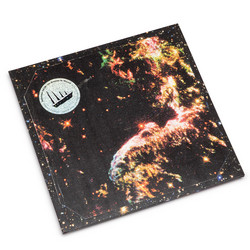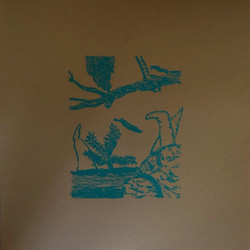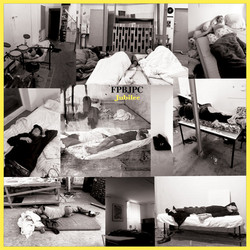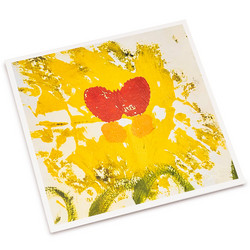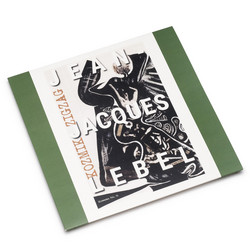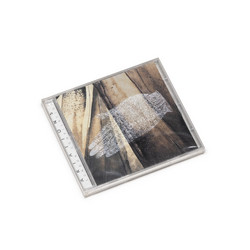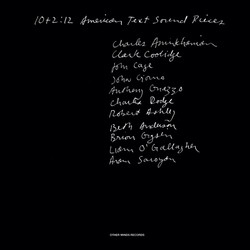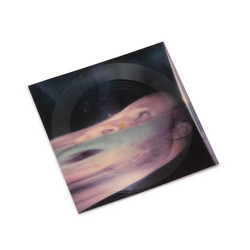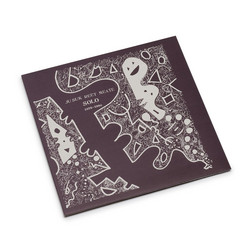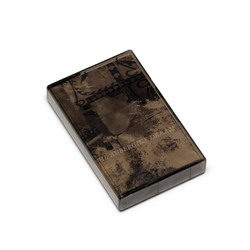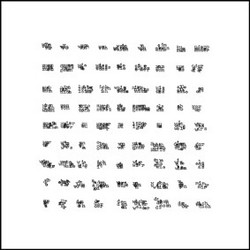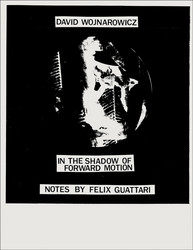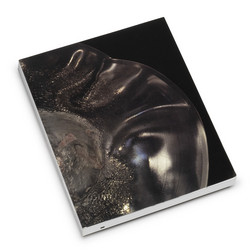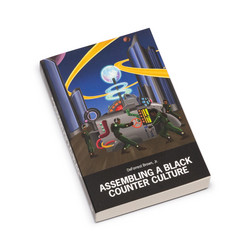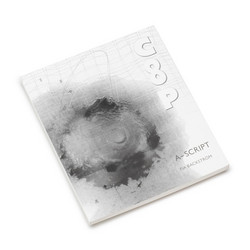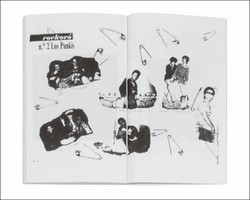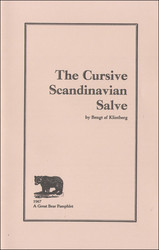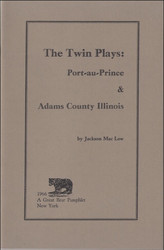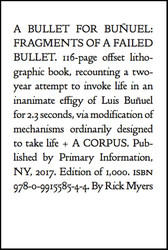David Wojnarowicz
Dear Jean Pierre (Book)
The 'transatlantic letters' David Wojnarowicz wrote to his Parisian boyfriend Jean Pierre Delage between 1979 and 1982 have finally been collected collected and published by Primary Information. These letters, which document a genuinely formative period in Wojnarowicz's artistic and literary career, not only offer insight into his endearing nature and the compassion, neuroses, and tenderness that go along with it, but they also trace the evolution of the visual language that would later establish him as one of the greatest artists of his time.
Readers learn about Wojnarowicz's Rimbaud series, his band 3 Teens Kill 4, the release of his initial photos, his early friendship with Peter Hujar, his involvement in the then-emerging East Village music and art scenes, and the plans for his first book through this collection. Postcards, sketches, xeroxes, photographs, collages, flyers, ephemera, and contact sheets featuring some of the artist's well-known pieces, such Untitled (Genet, after Brassai) and the Burning House motif, are included with these essays.
Beyond these significant events, Wojnarowicz's everyday existence is described in the book with an unrestrained seriousness that comes with age, as well as the tenderness of love and longing. Wojnarowicz is portrayed in the book as a twentysomething man. A picture of a young guy who is just starting to find his voice in the world and the love he has found in it is painted by this unexpected compassion. Even though the two corresponded in equal measure, Delage's letters have mainly been lost, giving us just a fascinating look into Wojnarowicz's mind during what would turn out to be his formative years.
David Wojnarowicz (1954-1992) was born in Red Bank, New Jersey. Wojnarowicz channeled a vast accumulation of raw images, sounds, memories and lived experiences into a powerful voice that was an undeniable presence in the New York City art scene of the 1970s, 80s and early 90s. Through his several volumes of fiction, poetry, memoirs, painting, photography, installation, sculpture, film and performance, Wojnarowicz left a legacy, affirming art’s vivifying power in a society he viewed as alienating and corrosive. His use of blunt semiotics and graphic illustrations exposed what he felt the mainstream repressed: poverty, abuse of power, blind nationalism, greed, homophobia and the devastation of the AIDS epidemic. Wojnarowicz died of AIDS-related complications on July 22, 1992 at the age of 37.
